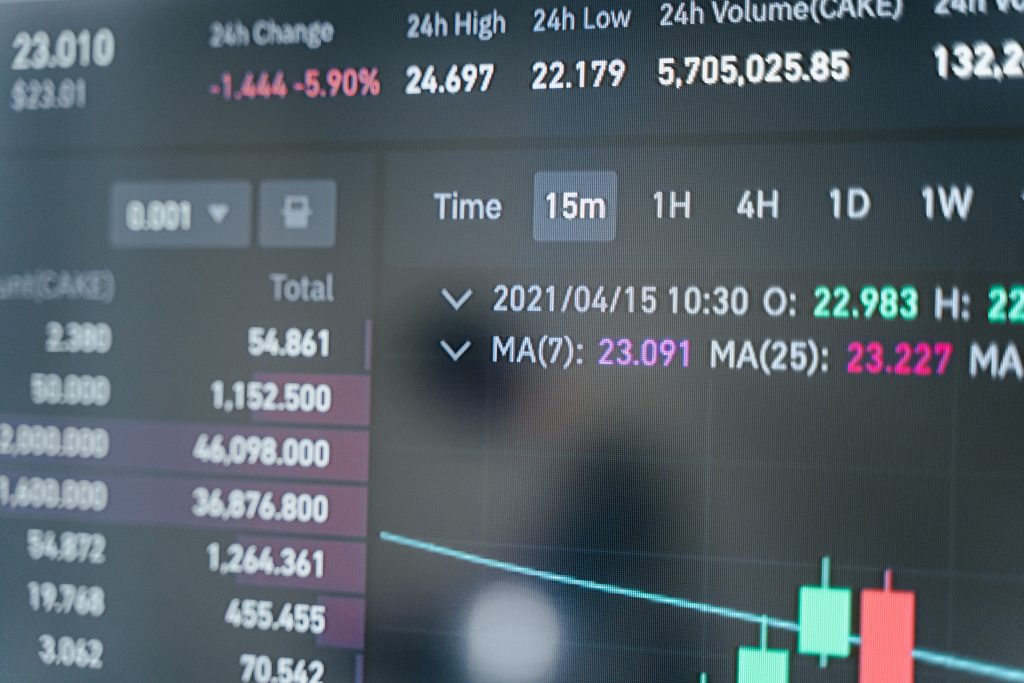As in the stock market, a cryptocurrency exchange platform or exchange promotes the virtual trading of cryptocurrencies.
There are two types of cryptocurrency exchanges: centralised and decentralised (DEX). It is important to understand the difference between the two before diving into the world of cryptocurrencies.
A centralised exchange is a neutral third-party exchange that facilitates any transaction or transfer of cryptocurrencies between two parties. This type of cryptocurrency exchange matches people’s cryptocurrency searches with institutions or traders that offer liquidity (the market’s ability to allow the buying and selling of commodities at a stable price). It minimises market friction by improving liquidity and offering the convenience of trading and transactions are processed through one account that holds the assets.
Unlike a centralised exchange, a decentralised exchange has no authority. In this type of exchange, no account holds the currencies or information; instead, the platform serves as a mediator that matches the trade order and then channels them. No third-party server controls the transactions and users do not need to pay an escrow amount to the intermediary.

Main differences between a centralised exchange and a decentralised exchange
Control
In a centralised exchange, the third-party server is responsible for managing the deposited funds, whereas in a decentralised exchange there is no central server, which means that users are free to connect with the people they wish to trade with. Participants gain full control over their assets and trade on their own.
Anonymity
To trade on a centralised exchange, users must comply with KYC (Know Your Customer) and AML (Anti-Money Laundering) laws, which makes it difficult for an individual to ensure anonymity while trading on a centralised exchange.
In contrast, trading on a decentralised exchange does not require you to disclose your identity. These types of exchanges are the same as distributed blockchains.
Authentication
If you choose a centralised exchange to trade cryptocurrencies or tokens, every transaction needs approval from the exchange authority. The exchange serves as an external intermediary that guarantees reliable crypto services.
A decentralised exchange, on the other hand, has blockchain protocols such as smart contracts that allow users to transact without any authorisation or authentication issues.
Speed
The speed of decentralised exchanges is determined by the protocol used by the DEX. Exchanges such as Uniswap use Ethereum as their protocol, which can cause slower speeds compared to centralised exchanges, which often simply move ‘values’ through wallets instantaneously.
Security
Compared to a centralised exchange, a decentralised exchange is less vulnerable to the risk of hacking. There have been many cases of hacking of centralised exchanges, but as there is no single gateway to the decentralised ecosystem, hackers are left without authority. To hack the exchange, a hacker needs to take control of more than half of the chain, which is not feasible. However, both types of exchanges are generally very secure.
If you plan to trade cryptocurrencies, understanding the difference between centralised and decentralised exchanges will help you make the right choice.
In our case, we have both types available so you can choose where to buy your MINX: buy MINX on P2pb2b and/or Uniswap.
